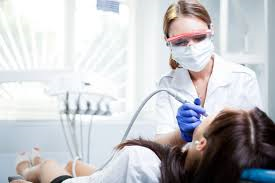
Stoptober is a 28 day long event run each October during which participants are encouraged to stop smoking. Public Health England (PHE) created the annual campaign in 2012. The idea is that participants pledge themselves to not smoke during the 28 day period, with a mind to giving up altogether.
Stoptober has driven over 1 million quit attempts to date and is the biggest mass quit attempt in the country. It is based on research that shows that if you can stop smoking for 28-days, you are five times more likely to stay ‘smokefree’ for good.
PHE offers a range of free support to help people on their quitting journey including an app, daily emails, Facebook Messenger and lots of encouragement from the Stoptober online community on Facebook. In addition, people can get expert face-to-face advice from local stop smoking services. Those who use stop smoking aids and who get face-to-face support from their local stop smoking service are up to four times more likely to quit successfully.
https://www.nhs.uk/oneyou/be-healthier/quit-smoking/stoptober

Whilst Stoptober is a campaign in its own right, it is now part of the wider One You programme. One You is the PHE programme that helps adults across the country make small changes to their lifestyles that can have a big impact on their future health.
In addition to encouraging people to stop smoking, One You also tackles other everyday habits and behaviours such as eating too much unhealthy food, drinking more than is recommended and not being active enough.
So it’s not just about quitting smoking. This October is a great opportunity to join together with other people, with the common goal of a healthier lifestyle and give up something detrimental to your health and well being.
The biggest lifestyle risks are
- Smoking
- Alcohol
- Obesity
and each one can have a huge impact on your quality of life and life expectancy.
The One You website supported by Public Health England, claims that these poor lifestyle choices are responsible for around 40% of all deaths in England and cost the NHS more than £11 billion a year.
The good news is, it’s never too late to improve your health.
Making small positive lifestyle changes such as eating well, drinking less alcohol, quitting smoking or being more active can double your chances of being healthy at 70 and beyond.
As dental professionals dealing with diagnosing mouth cancers and dental decay on a daily basis, we obviously wholeheartedly support healthy lifestyle choices. It doesn’t always mean quitting, but even something like reducing your sugar intake is a great step forwards.
There is a downloadable Eatwell Guide open to all from the NHS or GOV.UK websites:
https://www.nhs.uk/Livewell/Goodfood/Documents/The-Eatwell-Guide-2016.pdf
https://www.gov.uk/government/publications/the-eatwell-guide
If you need a little bit more of a push to change, join an organised campaign or increase the incentive by raising money for charity.
One such good cause is the ‘Go Sober for October’ campaign raising vital funds for Macmillan Cancer Support.

And there are many organisations out there to help with your fitness levels:
- Get active your way – NHS https://www.nhs.uk/live-well/exercise/get-active-your-way/
- Get active, feel good – MIND https://www.mind.org.uk/about-us/our-policy-work/sport-physical-activity-and-mental-health/get-active-feel-good/
- The Get Active Guide – Chartered Society of Physiotherapy (CSP) https://www.csp.org.uk/documents/get-active-guide
At St Paul’s Dental Practice, we are totally committed to helping you make the right lifestyle choices and can offer useful, knowledgeable advice.





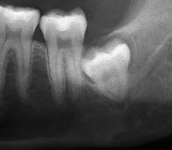

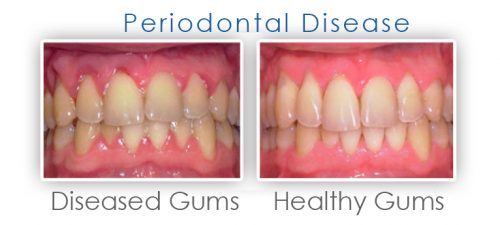


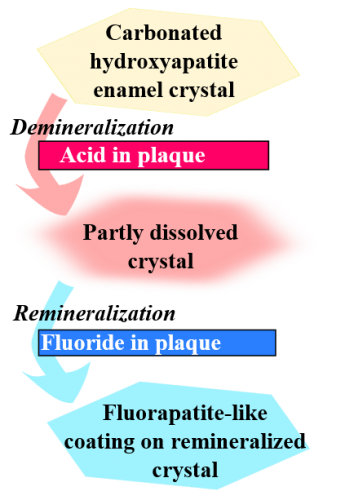


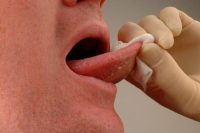 SPOT A CASE = SAVE A LIFE
SPOT A CASE = SAVE A LIFE




